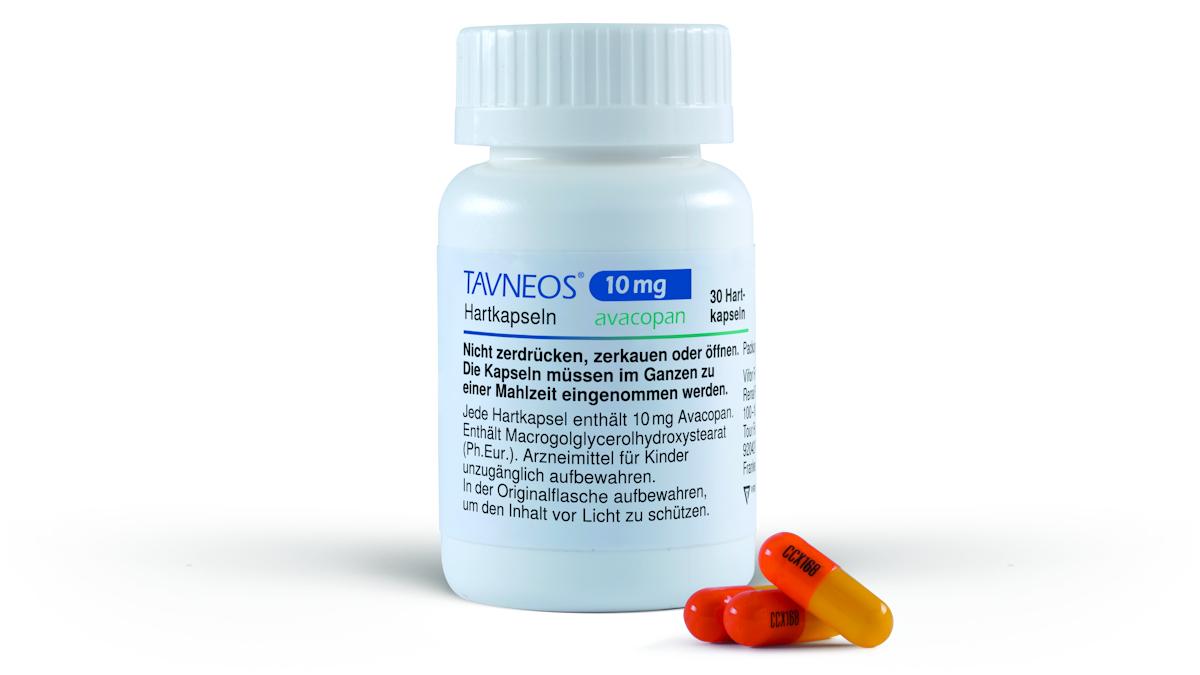Sanofi faces possible manslaughter charges in epilepsy drug probe

Sanofi has been placed under formal investigation in France for possible charges including manslaughter relating to the epilepsy drug Depakine, following the deaths of four babies whose mothers took the drug.
Depakine was found to carry a high risk of birth defects if taken by pregnant women.
Sanofi, which denies wrongdoing and says it warned of the risks long ago, is already being prosecuted in France following allegations it provided misleading information about the drug.
The drug is widely prescribed under different names as a treatment for epilepsy and other forms of seizure.
Although there have been warnings for years that the drug should not be given to pregnant women, complainants in France say this was never adequately communicated.
As a result thousands of children were born with physical or psychological problems because of the increased risk of birth defects or autism in their babies.
It is unclear whether the matter will go to trial, the BBC reported.
A spokesperson for Sanofi said: “As part of the investigation on Depakine opened at the Court of Justice of Paris for nearly four years, Sanofi Aventis France was indicted for aggravated deception, involuntary injuries and recently for manslaughter.
“The pharma company has referred the matter to the Chamber of Inquiry in order to challenge that indictment.
“All these elements prejudice in no way the responsibility of the pharma company.
“Sanofi Aventis France has complied with its disclosure obligations and is challenging the merits of these lawsuits.”
In 2018, the European Medicines Agency’s safety committee recommended new measures to avoid unborn babies becoming exposed to valproate.
The Pharmacovigilance Risk Assessment Committee (PRAC) made recommendations including a visual warning about the risks in pregnancy, possibly including a symbol or pictogram to be adapted at national level.
In migraine or bipolar disorder the PRAC said valproate must not be used during pregnancy, and not in women who are thinking of having babies.
In epilepsy the PRAC said it must not be used unless it is impossible to discontinue treatment.












